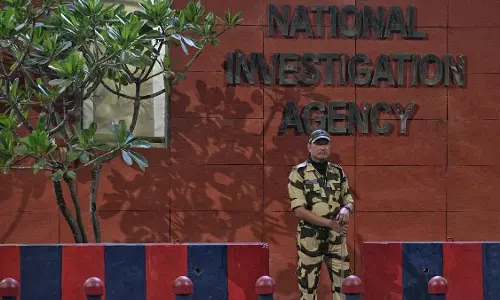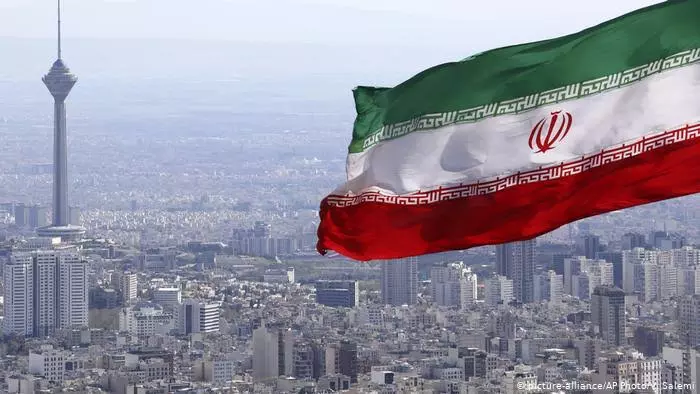
Nuclear talks with Iran resume amidst disagreements on sanctions
text_fieldsThe USA on Monday alleged that Iran was employing delay tactics in order get better leverage in the nuclear deal discussions, which saw multiple world powers gather in Vienna on Monday to discuss the re-enactment of the 2015 Joint Comprehensive Plan of Action.
Iran's representatives have insisted that all U.S. and European Union sanctions imposed since 2017, including those unrelated to Iran's nuclear programme, be dropped, pointing out that their emphasis is on economic rather than nuclear topics. However the country has already enriched it's uranium resources far beyond permissible limits earlier this year, prompting alarm from the International Atomic Energy Agency and other powers.
"To ensure any forthcoming agreement is ironclad, the West needs to pay a price for having failed to uphold its part of the bargain. As in any business, a deal is a deal, and breaking it has consequences," Iran's top nuclear negotiator, Ali Bagheri Kani said in defiant column in the Financial Times on Sunday. "The principle of 'mutual compliance' cannot form a proper base for negotiations since it was the U.S. government which unilaterally left the deal.
"If Iran thinks it can use this time to build more leverage and then come back and say they want something better, it simply won't work. We and our partners won't go for it," U.S. envoy Robert Malley told BBC Sounds on Saturday. The US and Israel have both warned of crackdowns on Iran if the deal is not achieved although America has also tabled the idea of an open-ended interim deal with Iran in the mean time.
In early November, Iran atomic energy spokesman Behrouz Kamalvandi said that the atomic agency had produced well beyond a 120 kilogram target for 20% enriched uranium set by parliament and 25 kg of 60% enriched uranium. Under the historic 2015 nuclear deal between Iran and global leaders, Iran was not meant to enrich uranium above 3.67 %. Enriched uranium above 90 % can be used for nuclear weapons.
Six rounds of indirect talks were held between April and June. The new round begins after a hiatus triggered by the election of a new Iranian president, Ebrahim Raisi, a hardline cleric.
















